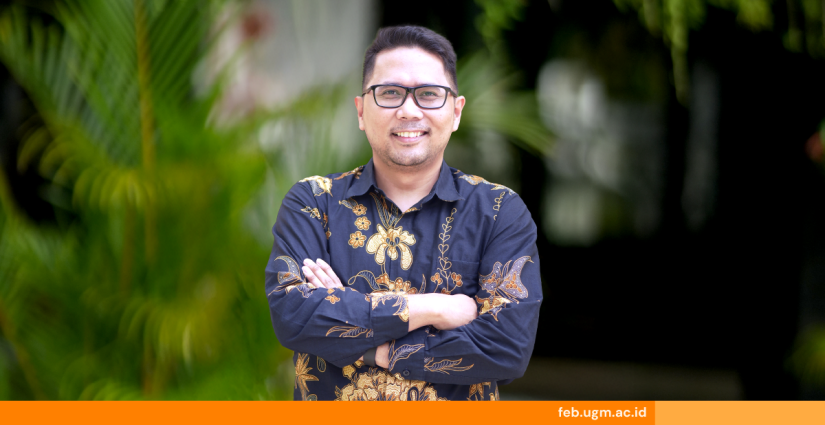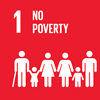
Government policies addressing employment issues are often piecemeal and short-term in nature. Economist and Lecturer at the Department of Economics, Faculty of Economics and Business, Universitas Gadjah Mada (FEB UGM), Wisnu Setiadi Nugroho, S.E., M.Sc., M.A., Ph.D., highlighted the increasing difficulty young people, including graduates from top universities, face in finding jobs that match their competencies.
“Many of the government’s current policies tend to be patchwork and short-term. For example, when there’s a labor issue, they create job creation programs, but these are temporary in nature. Meanwhile, long-term issues such as vertical and horizontal mismatches remain unaddressed,” he said.
He added that many university students and graduates struggle to find employment, even those from prestigious universities like UGM. This situation shows that job opportunities that truly align with one’s competencies remain limited.
“On campus, there are many complaints, why is it so hard to find a job even as a UGM graduate? It is a fact the government needs to see, go down to the ground, and listen to that finding a job today isn’t as easy as it seems,” he explained during a recent Berita Satu Special Discussion: Calls for Economic Policy Reform.
Furthermore, Wisnu pointed out that long-term worker welfare issues, such as proper pension and retirement guarantees, have not yet become a primary focus of government policy.
“There are still no coherent policies to ensure that workers can live comfortably in the future,” he stated.
He also criticized the government’s scholarship programs, such as LPDP, noting that the government has not prepared a supportive ecosystem for scholarship recipients after graduation.
“Many of them end up not returning to Indonesia, which then becomes a new issue, why were these scholarships granted in the first place?” he said.
This phenomenon, he continued, has caused some young people to lose motivation. Generation Z seeks not only stable jobs but also spaces for self-actualization. The meritocracy system, which aims to reward excellence and contribution, often fails to function as intended. Many young people who have worked hard, pursued higher education, and developed their capacities are sidelined by a system that is not always fair. Individuals who appear suddenly and have no clear record of contribution sometimes fill positions and opportunities. When hard work does not lead to fair rewards, disappointment and distrust toward the system inevitably grow among the younger generation.
“The question is, what guarantees that young people can succeed in this country if the system has yet to favor effort and capability?” he concluded.









